In her book Moji izgubljeni topoli (My Lost Poplars), the world traveller Alma M. Karlin describes her stay in Bela krajina during the war after fleeing from the Nazis in Celje. She wrote, among other things: »We can imagine how difficult the life of a partisan was if I tell you that many wagons, laden with salt, were smuggled across the Kolpa River and that seventeen people died in the process.« Karlin, Moji izgubljeni topoli, 244.
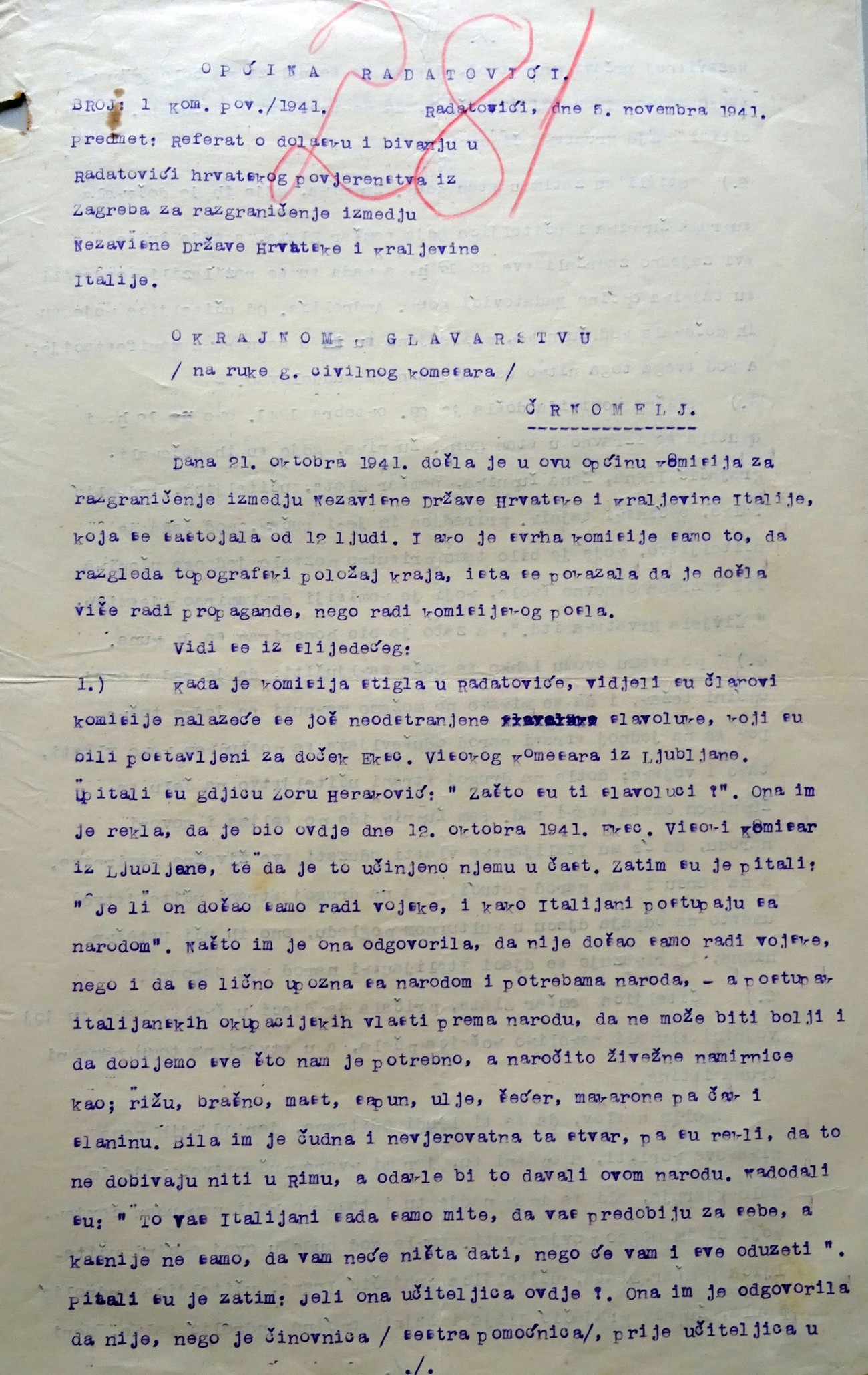
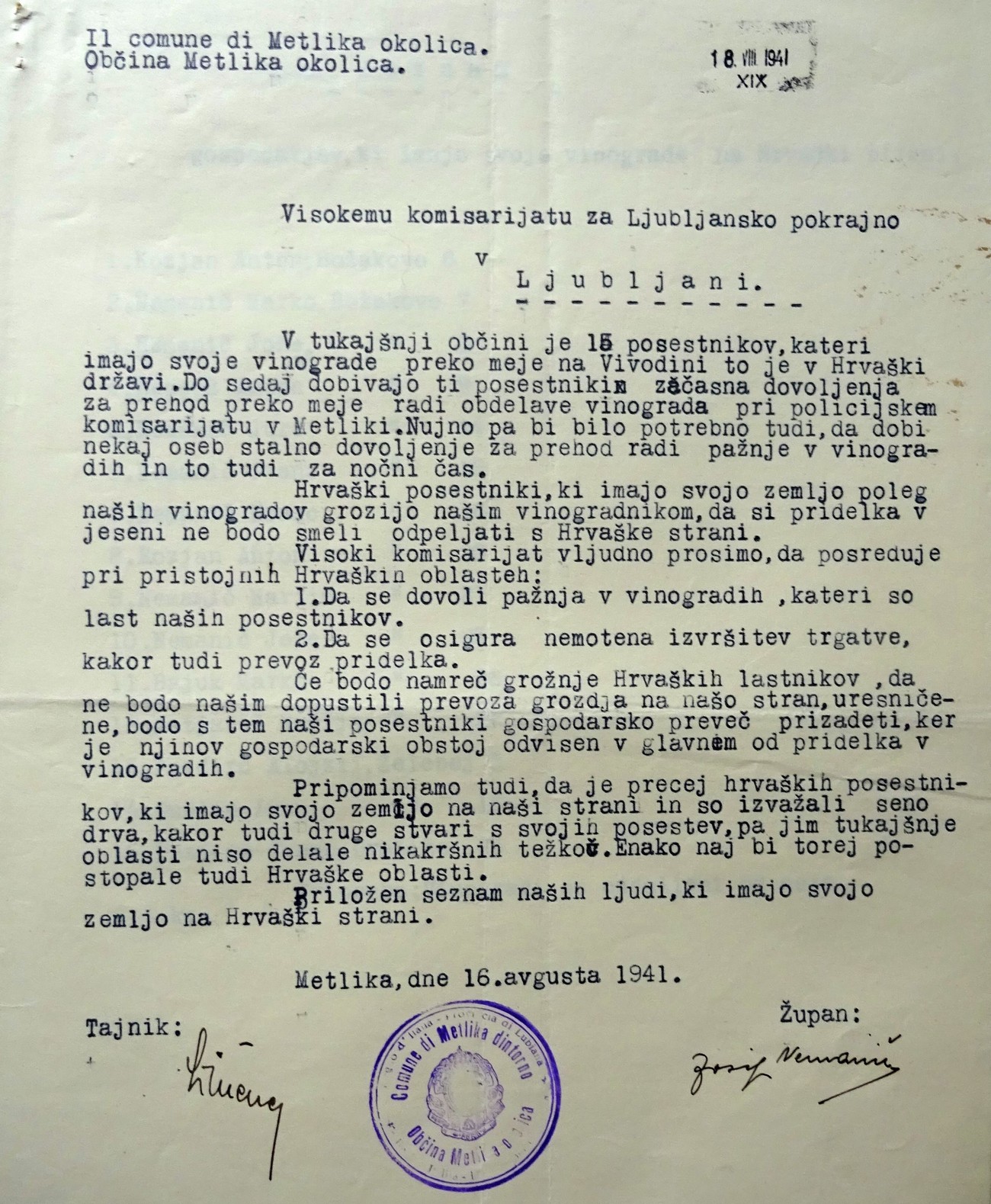
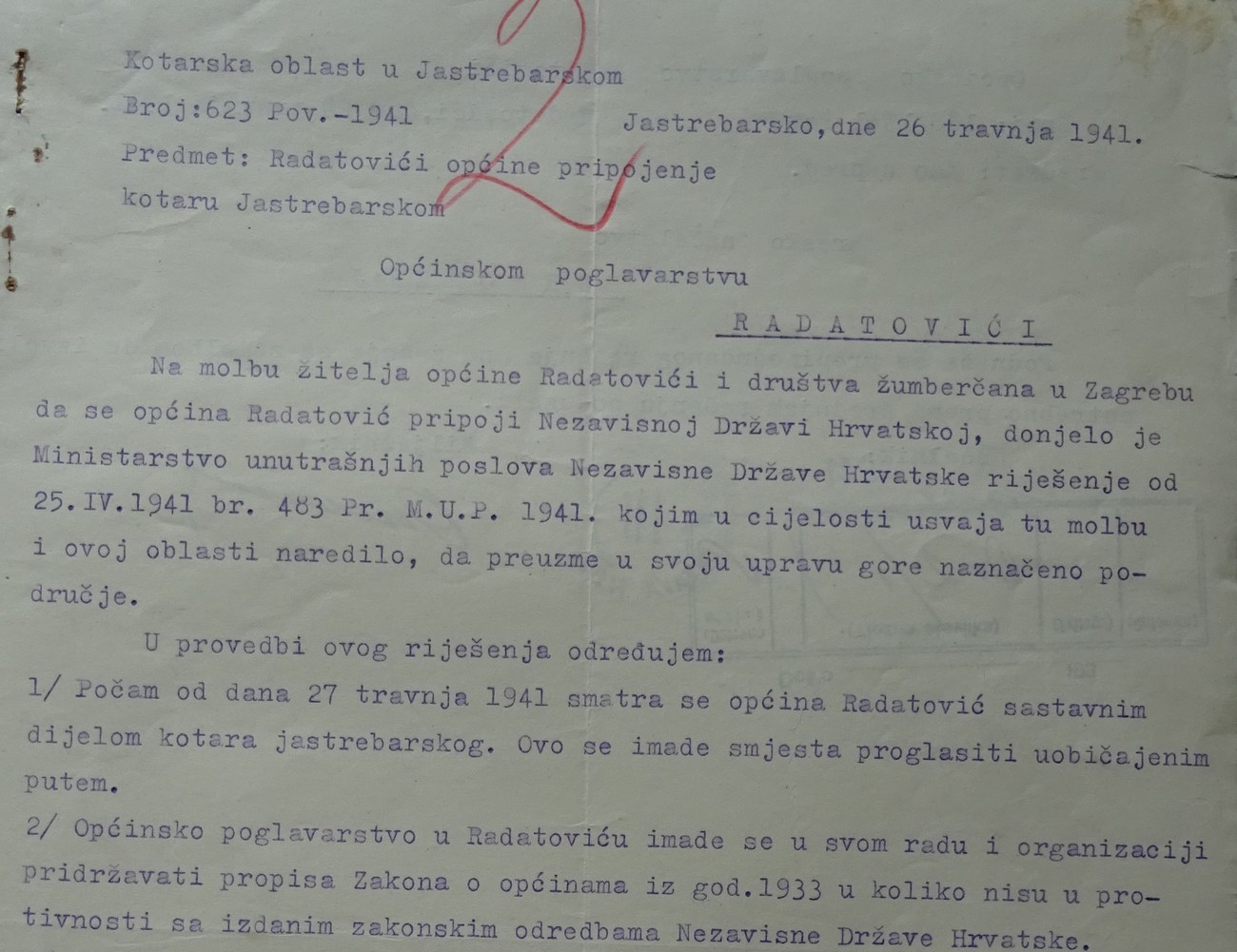
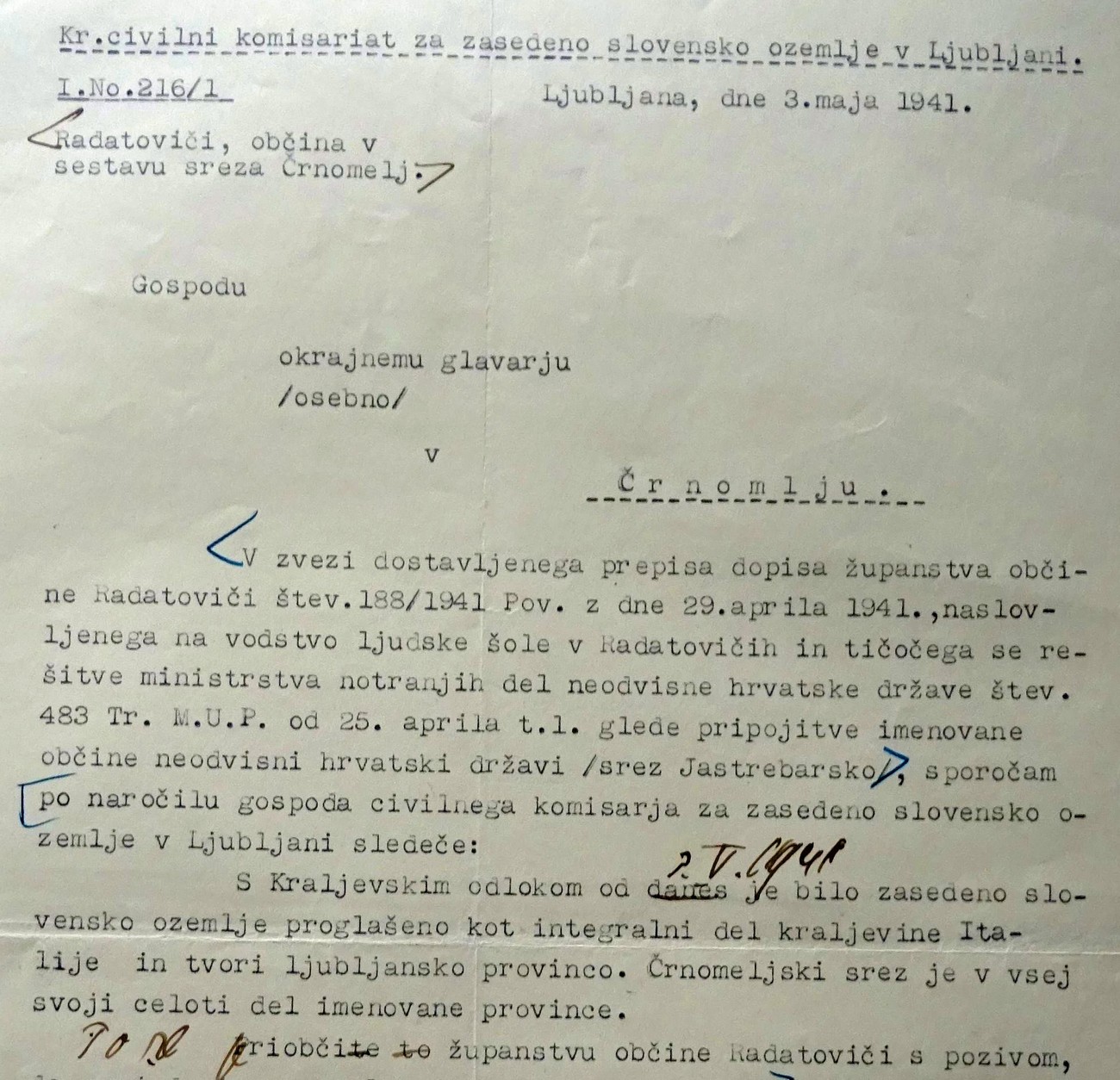
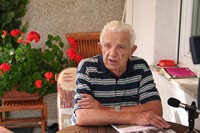
We, the partisans, didn't recognise the border; we didn’t fight for Croatia or Slovenia separately, but for both together, for Yugoslavia.(Author: Sonja Bezenšek.)
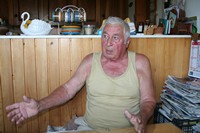
There was a trader from Suhor who crossed the border to buy something. He was taken by the Ustasha and slaughtered right away. The people didn't dare to cross over.(Author: Božidar Flajšman)
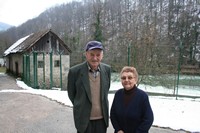
The Italians controlled the border with patrols, there was no wire. The Fascists in Špehari issued daily passes for crossing the border. They wrote them down on a piece of paper. By boat, we ferried food across the Kolpa River, where they bought various things /…/ From the Croatian side they smuggled horses and many other things across the Kolpa River. Smuggling was mostly carried out by traders, civilians from the vicinity of Črnomelj. Horses were taken across the Kolpa River beneath our dam. A boy from Zapudje actually drowned doing it. He fell and the horse hit him on the head with a hoof; he stayed in the water /…/ After Italy had capitulated, we ferried Croatian civilians who had partisan passes to our side. They traded their salt for our maize.(Author: Božidar Flajšman.)
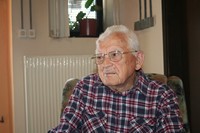
The Ustasha knew that Radatovići had taken the side of the National Liberation Struggle, while we, the people of Žumberak, were enemies of the NDH.(Author: Božidar Flajšman.)
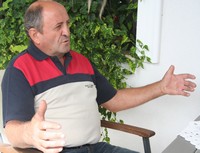
The Italians had sentries here. About a kilometre up and down from our village the Kolpa River flows straight, but near Griblje it takes a turn and the Italians couldn't see there /…/ Certain Croatian citizens ferried Jews across the water there. The people said that the Jews were rich; some were even robbed. They were robbed by the people ferrying them across the Kolpa River. When they reached the opposite bank, they started yelling that the Italians had come, run, run. The Jews jumped out and they took the boat, full of goods, back to the Croatian side /…/ The Jews carried luggage with them, but they mostly had money – gold, gold coins. I remember when I was still in school that my father and mother went to Croatia to buy those gold coins so they could take them to dentists. It was quality gold ... the entire valley used those gold coins to get new teeth. The Jews ran from Croatia, but I never knew where to.(Author: Sonja Bezenšek.)